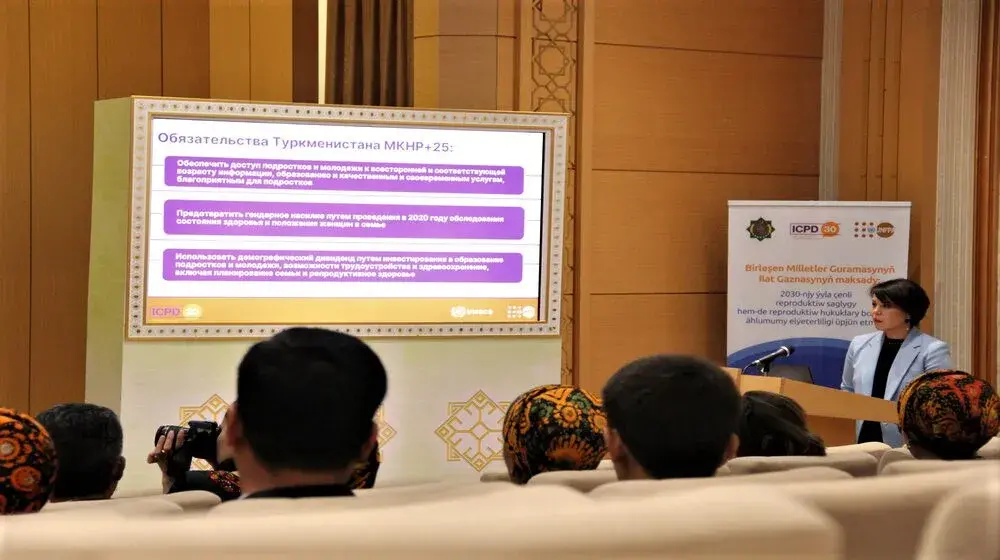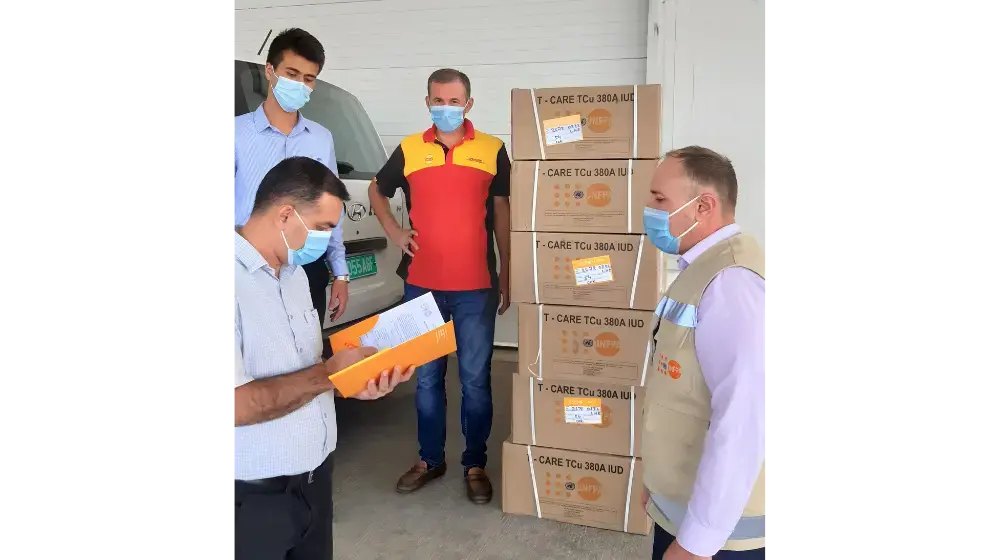The UN Population Fund is supporting a major family planning summit in London in its efforts to extend voluntary family planning to all who want it
UNFPA, the United Nations Population Fund, is calling on governments around the world to commit more resources to the critical issue of voluntary family planning.
On World Population Day, 11 July, the London Summit on Family Planning will launch an unprecedented initiative to meet the need for modern family planning in developing countries. The aim is to mobilize the political will and extra resources needed to give 120 million more women access to family planning by 2020.
UNFPA has combined global advocacy on family planning with funding support and practical help to nations for over 40 years. It is urging donors and United Nations member countries to help produce the estimated $4.1 billion that is still needed every year to fully meet the need for modern contraceptive methods in the developing world.
The initiative will be co-hosted by the UK Government’s Department for International Development (DfID) and the Bill and Melinda Gates Foundation.
“I warmly welcome this initiative. Family planning needs to be much further up the international agenda and this initiative will help achieve that,” said UNFPA Executive Director, Dr. Babatunde Osotimehin.
“UNFPA has been at the forefront of international work on voluntary family planning and we look forward to working with DfID, the Gates Foundation and other partners to further promote the importance of this issue,” added Dr. Osotimehin. “Together, we are urging world leaders to remember that every country has both a moral obligation and a vested interest in tackling the death toll of mothers and their babies.”
“Unintended pregnancies have a much wider impact on the life chances of women and their children — and this is an issue that is affecting whole communities in the world’s poorest countries.”
“At the London Summit on Family Planning, UNFPA and its partners are bringing family planning to the top of the agenda. Through our collective efforts, I think we have a real chance of achieving our goal,” Dr. Osotimehin concluded.



